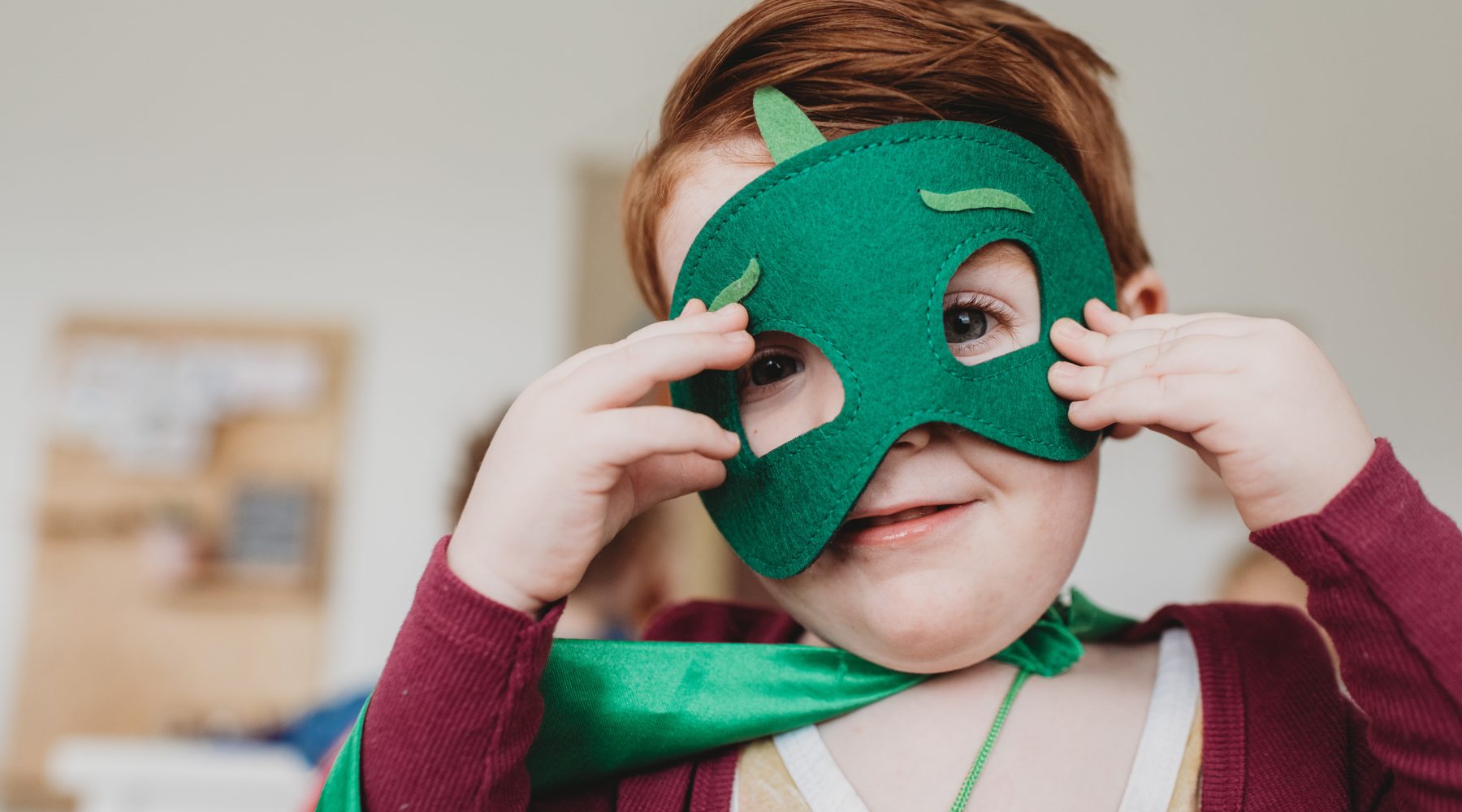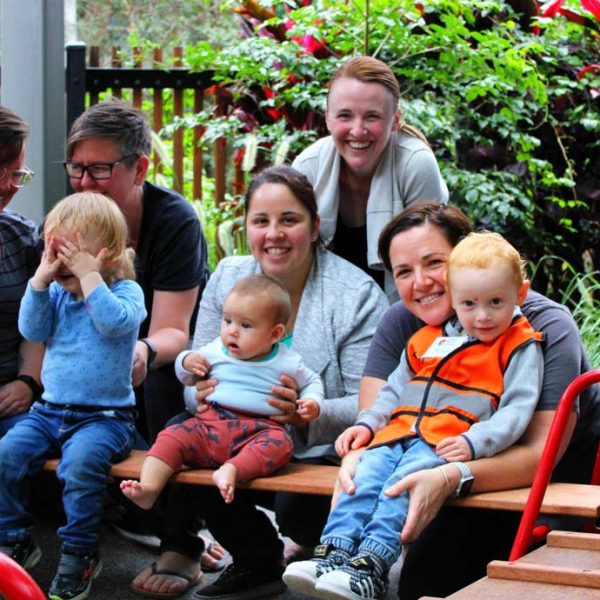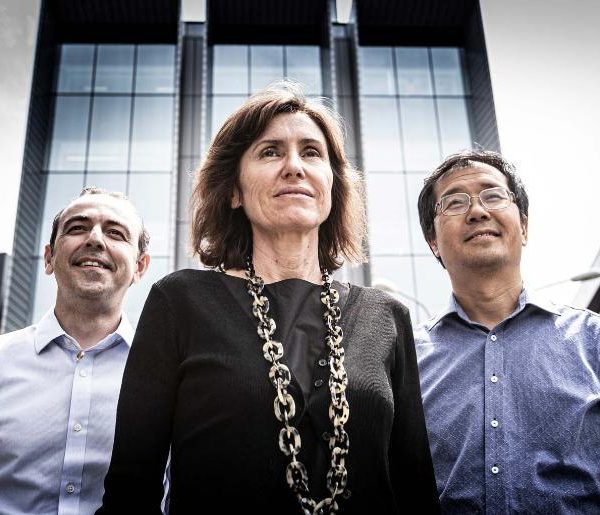Hands-on role playing helps children to process bushfire trauma and fear

Sirens, uniforms, emergency vehicles and helicopters were part of the summer break soundtrack for many children as Australia rang in 2020. Watching emergencies unfold, in real life or on the news, can make many children feel powerless or scared.
Role playing scenarios, where children create their own stories, dress up in emergency garb, and drive imaginary vehicles can support children to safely explore complex themes through their play. Emergency, Emergency is one such experience, which has been designed and created by researchers at Early Start based at University of Wollongong (UOW) to give children the chance to play emergency rescue services such as fire and safety, police, SES, and ambulance services, which are featuring more prominently in our children’s lives, especially with recent bushfire events, the ABC Illawarra recently reported.
Speaking about the experience, Professor Marc de Rosnay, Academic Director of Early Start and the Discovery Space, and Professor of Child Development at UOW told the ABC that the presence of emergency services is communities, with the current bushfire crisis, is “very high”.
Often, the Professor said, children will give an indication as to their thoughts through their play, which can be useful in situations such as the current fire crisis, where children may not have the right words to express their thoughts or fears.
“They show us. They will often invite us into a pretend situation and a lot of play is about integrating reality,” Professor de Rosnay told the ABC, explaining how children will “take on” roles that they see adults in their lives perform.
“Mums and dads, police officers…they are practising things that grown-ups do in their real life” he said. “But what the child is also doing in play is integrating that into their own conception of the world, so they are giving themselves a framework through play for thinking about all these things.”
In the Discovery Space at Early Start, staff are seeing a lot of rescue based play, and nurturing, caregiving play, reflecting the state of the world around them. Being a rescuer, or waiting to be rescued, is a classic motif in children’s play, but Professor de Rosnay believes the current rounds of play being observed reflect the current state of the world, and the willingness of Australian’s to “roll up the sleeves, and become part of that experience”.
“I think that’s the real merit of some of the experiences here. They are not pre-determined, they are not prescriptive, they are not telling a child what to do. They are just a structure that enables the child to fill in that space, find the words, find the story that’s really about themselves or learn by observing others, and joining in with other people,” he told the ABC.
To read the original coverage of this story, as produced by ABC Illawarra, please see here. To book your tickets to see Professor de Rosnay and other ECEC thought leaders at the ECEC Innovation Forum, please see here.
Popular

Workforce
Policy
Quality
Practice
Provider
Research
ECEC must change now, our children can’t wait for another inquiry
2025-07-02 07:47:14
by Fiona Alston

Practice
Provider
Quality
Workforce
Leading with Curiosity: How distributed leadership is redefining the future of early childhood education
2025-07-03 07:42:07
by Contributed Content

Events News
Workforce
Marketplace
Practice
Quality
Provider
Research
An exclusive “Fireside Chat” with ECEC Champion Myra Geddes
2025-07-01 11:25:05
by Fiona Alston













